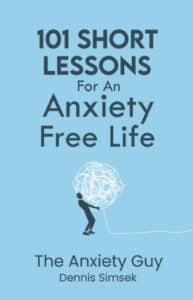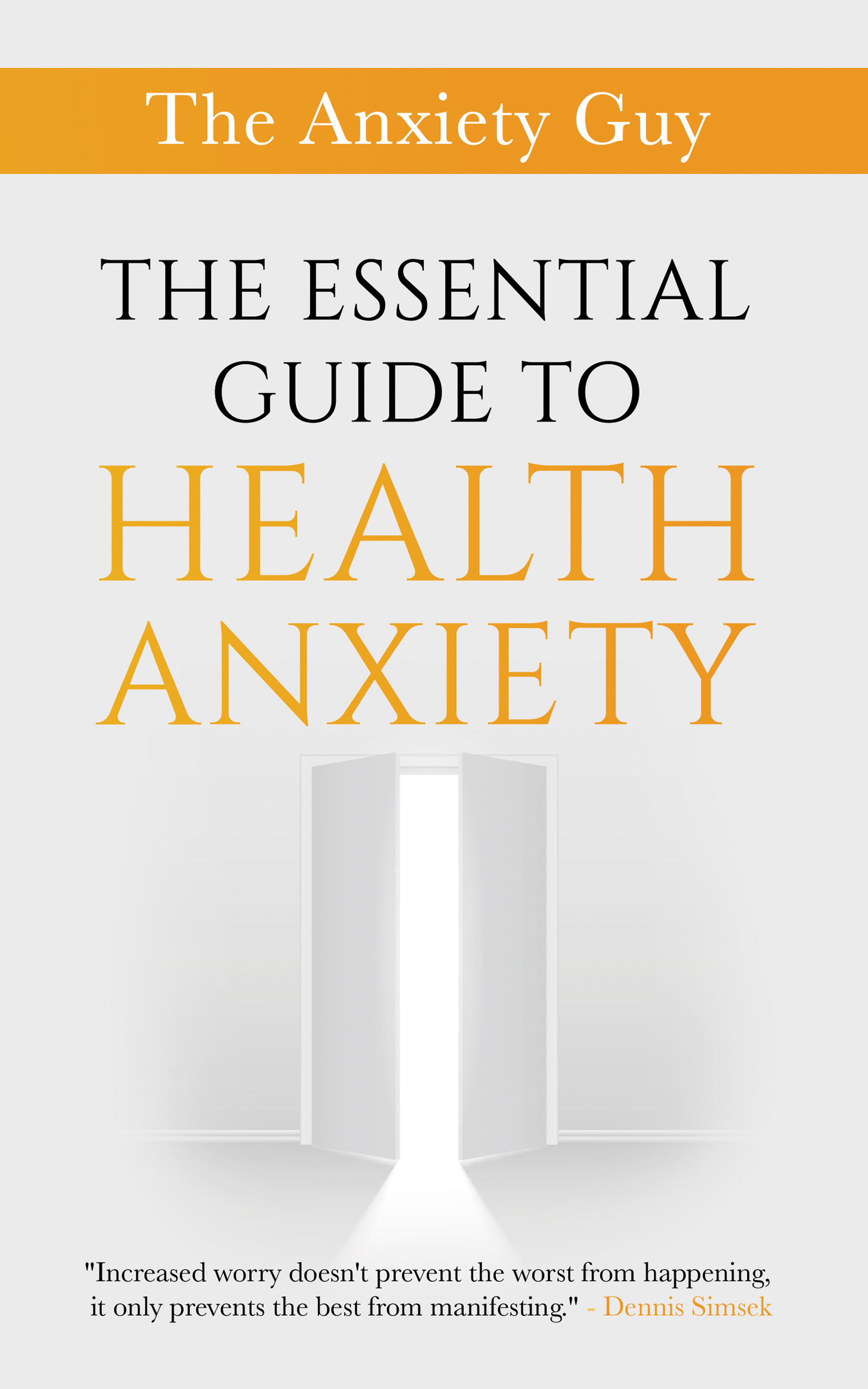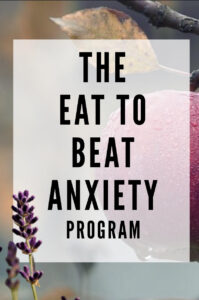Today, on the anxiety guy podcast I want to share with you the different ways anxiety causes us suffering unexpectedly which keeps us in a state of helplessness. Enjoy the podcast my friends!
Anxiety, the silent tormentor, creeps into our lives like a shadow, weaving its intricate web of unease and fear. While its impact on mental health is widely acknowledged, the subtle ways in which anxiety keeps us suffering are often overlooked. In this exploration, we uncover the insidious nature of anxiety, shedding light on eight aspects that contribute to the perpetuation of our anguish.
-
The Cycle of Overthinking:
Anxiety is a masterful puppeteer, compelling the mind into a never-ending cycle of overthinking. Whether it’s dwelling on past mistakes or catastrophizing about the future, anxiety magnifies the mundane into the catastrophic. The mind becomes a battleground of hypothetical scenarios, sowing seeds of doubt and paralyzing decision-making.
-
Anxiety Causes Us Suffering Through Relentless Self-Criticism:
Anxiety thrives on self-doubt, becoming the driving force behind relentless self-criticism. It whispers doubts into the ears of the sufferer, fostering a negative self-image. Every misstep is amplified, creating a distorted perception of one’s abilities and worth. The more anxiety feeds self-criticism, the tighter its grip on the individual’s psyche.
-
Social Isolation:
Anxiety often convinces us that we are better off alone, prompting social withdrawal as a protective measure. The fear of judgment and the dread of social interactions become formidable barriers, trapping individuals in a cycle of isolation. Ironically, this isolation only exacerbates anxiety, as the lack of social support reinforces feelings of loneliness and abandonment.
-
Physical Toll on the Body:
Beyond the realm of the mind, anxiety takes a toll on the physical body. Chronic anxiety triggers a cascade of stress hormones that can manifest as headaches, muscle tension, and digestive issues. The perpetual state of fight-or-flight wreaks havoc on the body, leading to fatigue and a compromised immune system. This physical suffering further entrenches the individual in the clutches of anxiety.
-
Procrastination as a Coping Mechanism:
Anxiety often paralyzes us in the face of overwhelming tasks, leading to procrastination as a coping mechanism. The fear of failure or inadequacy becomes so overwhelming that individuals find solace in delaying tasks. However, procrastination only deepens the sense of guilt and contributes to a perpetual cycle of anxiety and avoidance.
-
Distorted Perception of Reality:
Anxiety acts as a filter, distorting our perception of reality. It tints the world with shades of fear and apprehension, making everyday situations seem like insurmountable challenges. This skewed perspective perpetuates the feeling of helplessness, trapping individuals in a mental prison constructed by their anxious minds.
-
Undermining Relationships:
Anxiety has a way of infiltrating the most sacred aspects of our lives, including our relationships. The constant need for reassurance and fear of abandonment can strain connections with loved ones. The struggle to express oneself authentically, coupled with the fear of being a burden, can lead to a cycle of unspoken emotions, further isolating the anxious individual.
-
Resisting Change:
Change is a constant in life, but anxiety makes it an ominous specter. The fear of the unknown and the discomfort associated with change can lead individuals to resist opportunities for growth and self-improvement. This resistance keeps them stuck in familiar but suffocating patterns, perpetuating the suffering that anxiety thrives upon.
Conclusion:
In unraveling the intricacies of anxiety, it becomes evident that its impact extends far beyond the initial waves of worry and fear. The subtle ways in which anxiety infiltrates our thoughts, emotions, and behaviors contribute to a cycle of suffering that can feel insurmountable. Recognizing these patterns is the first step toward breaking free from anxiety’s grip, paving the way for healing, resilience, and a renewed sense of well-being.
Anxiety causes us suffering in many ways, but what part of the podcast episode spoke to you? Comment below.
The Anxiety Guy Podcast is one of the most popular mental health podcasts in the world with more than 6 million downloads alongside the Health Anxiety Podcast Show.
It has been selected as the top mental health and anxiety podcast on Apple 6 times, and has been listen as a top podcast for anxiety today on Psychology Today, Choosing Therapy, Better Help, Women’s Health, Marissa Peer and many more. To listen to any of the past episodes for free, check out this page.
Listen to all future anxiety guy podcast episodes on Spotify, Tune-in, Podbean, Podbay, Podcast Addict, Scribd, Luminary, Google Podcasts, Amazon Music, or on your favorite podcast platform. You can watch all previous anxiety guy episodes through video on YouTube here.



















